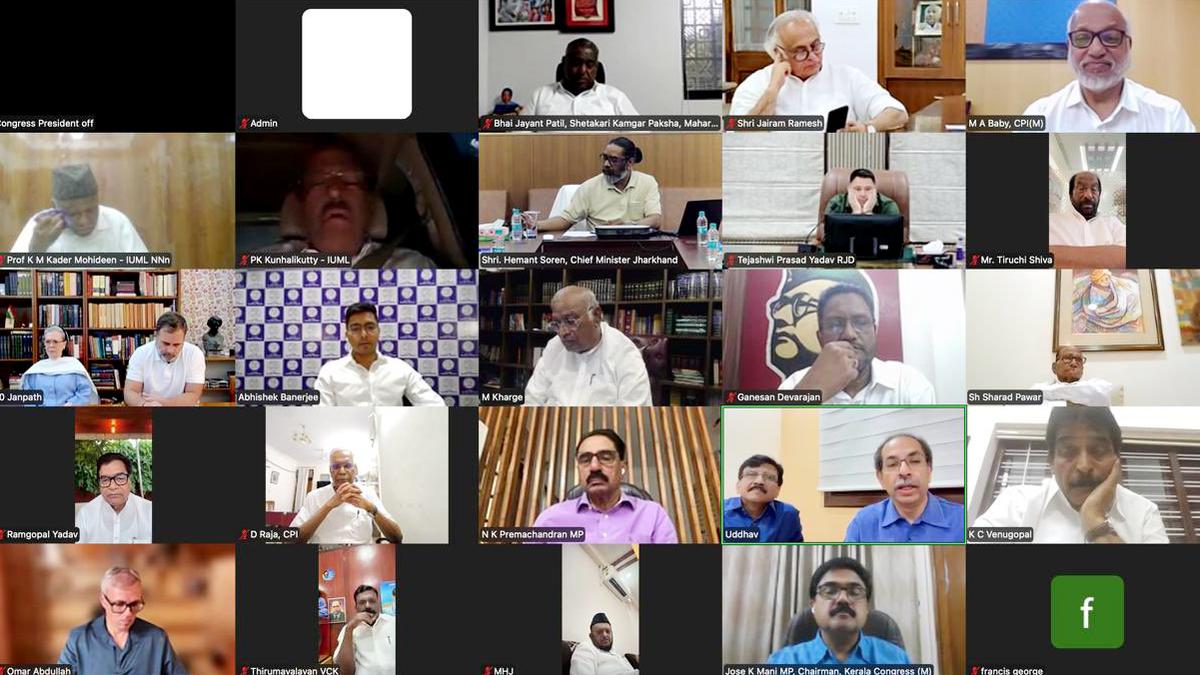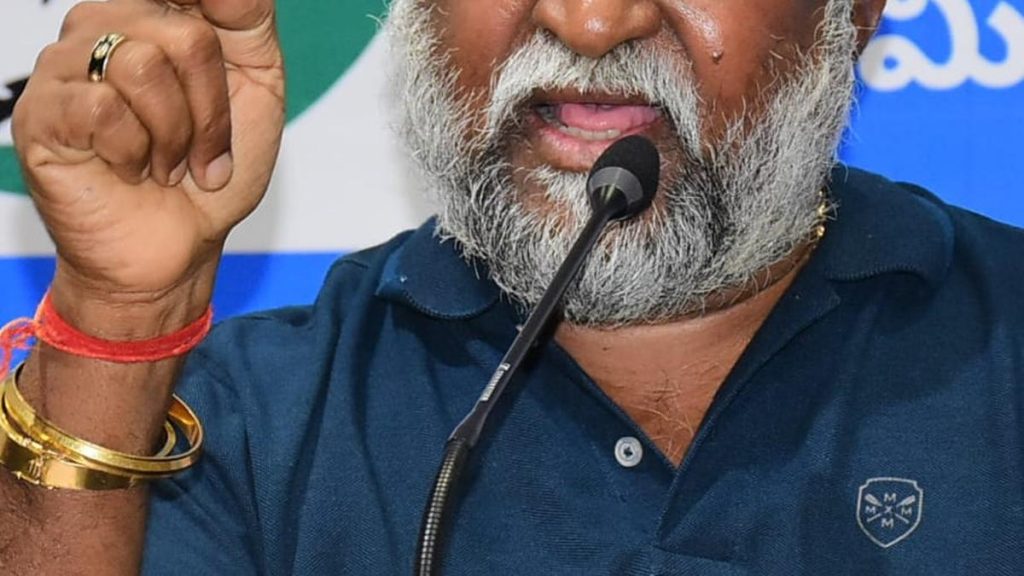Now Reading: TMC’s Abhishek Criticises Centre Over Pahalgam Attack, Questions Foreign Policy
-
01
TMC’s Abhishek Criticises Centre Over Pahalgam Attack, Questions Foreign Policy
TMC’s Abhishek Criticises Centre Over Pahalgam Attack, Questions Foreign Policy

### Quick Summary:
– TMC leader abhishek Banerjee criticized the Center for “intelligence failure” in the recent Pahalgam terror attack and voiced concern over a “steep decline” in India’s foreign policy during an online INDIA bloc meeting.
– Banerjee questioned why the intelligence Bureau chief was given an extension despite alleged failures. He highlighted concerns regarding government use of Pegasus spyware to intimidate opposition instead of combating terrorism.
– ASEAN nations reportedly did not explicitly name Pakistan while condemning the Pahalgam attack, which Banerjee considered a foreign policy shortfall.
– The Modi government’s dialog strategy following the terror strike was also criticized, with allegations that Indians relied on U.S. accounts for updates due to a lack of domestic clarity.
– Parliamentary delegations were sent abroad post-Pahalgam instead of briefing Indian citizens, raising questions about this approach’s effectiveness in garnering international support.
– Banerjee accused the BJP and Election Commission of using Special Intensive Revision as a form of “backdoor NRC,” citing voter manipulation allegations in Maharashtra, Bihar, and West Bengal ahead of key elections.
– 24 opposition parties participated in this INDIA bloc meeting, aiming to strengthen their approach for Parliament’s Monsoon session starting Monday.
—
### Indian Opinion Analysis:
The issues raised by Abhishek Banerjee reflect broader debates surrounding governance, intelligence accountability, electoral transparency, and foreign diplomacy. If substantiated by evidence, his criticism about intelligence lapses highlights urgent concerns regarding national security preparedness. On foreign policy matters like ASEAN’s response to Pakistan after Pahalgam attacks or reliance on external communication sources post-terror strikes-raising such points underscores expectations for effective crisis management.
Allegations concerning misuse of Pegasus spyware underline growing demands from public leaders across sectors for scrutiny over state surveillance tools-indicating nuanced layers embroiled across privacy rights dialogues evolving anew since past monitoring trends triggers collectively questioned thus within citizen networks inclusive pan political-experts-chaired confrontational structured parliamentary spaces reaffirm monthly upright nonpartisan evidence avenues share lastly echoed nationwide-discussion tenets underway revitalization attempting amidst continuous-themed-election-policy integrity religious divider apart colonialism-result subcontinent narratives.
For further details: [Read More](https://www.thehindu.com/)























